Unveiling The Power of Fenugreek Sprouts: A Nature-Approved Remedy That Can Be Grown In A Jar!
3 comments
If you have been in the realm of health and wellness for a while you have likely heard of Fenugreek (Trigonella foenum-graecum) seeds and the benefits they can provide. But, did you know they are actually really easy to grow indoors, in a jar, and without any sunlight?
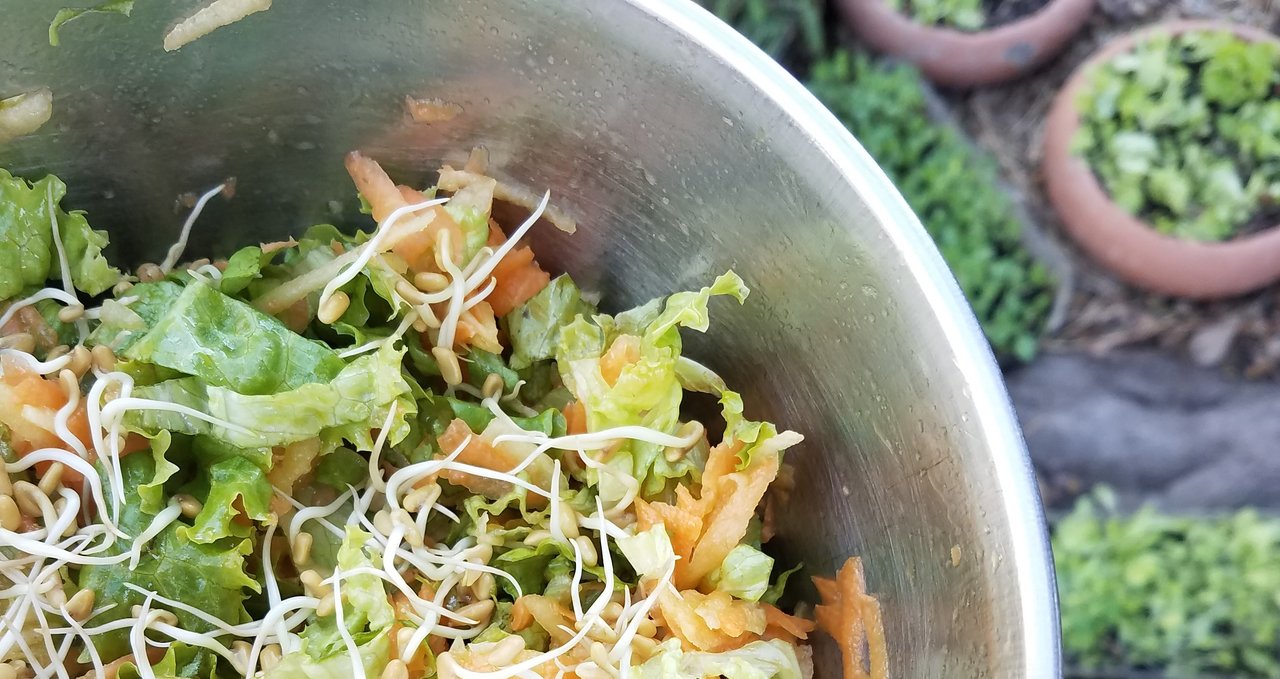
Fenugreek is one of the main ingredients in the famous Indian curry sauce. The seeds themselves smell of the aromatic curry but, can be quite bitter unless sprouted. A few years ago I began a journey of testing out the viability of different seeds sold as condiments. After great success with mustard seeds and little sprouting with coriander seeds, I decided to give the sweet smelling, amber colored seeds of fenugreek a try.
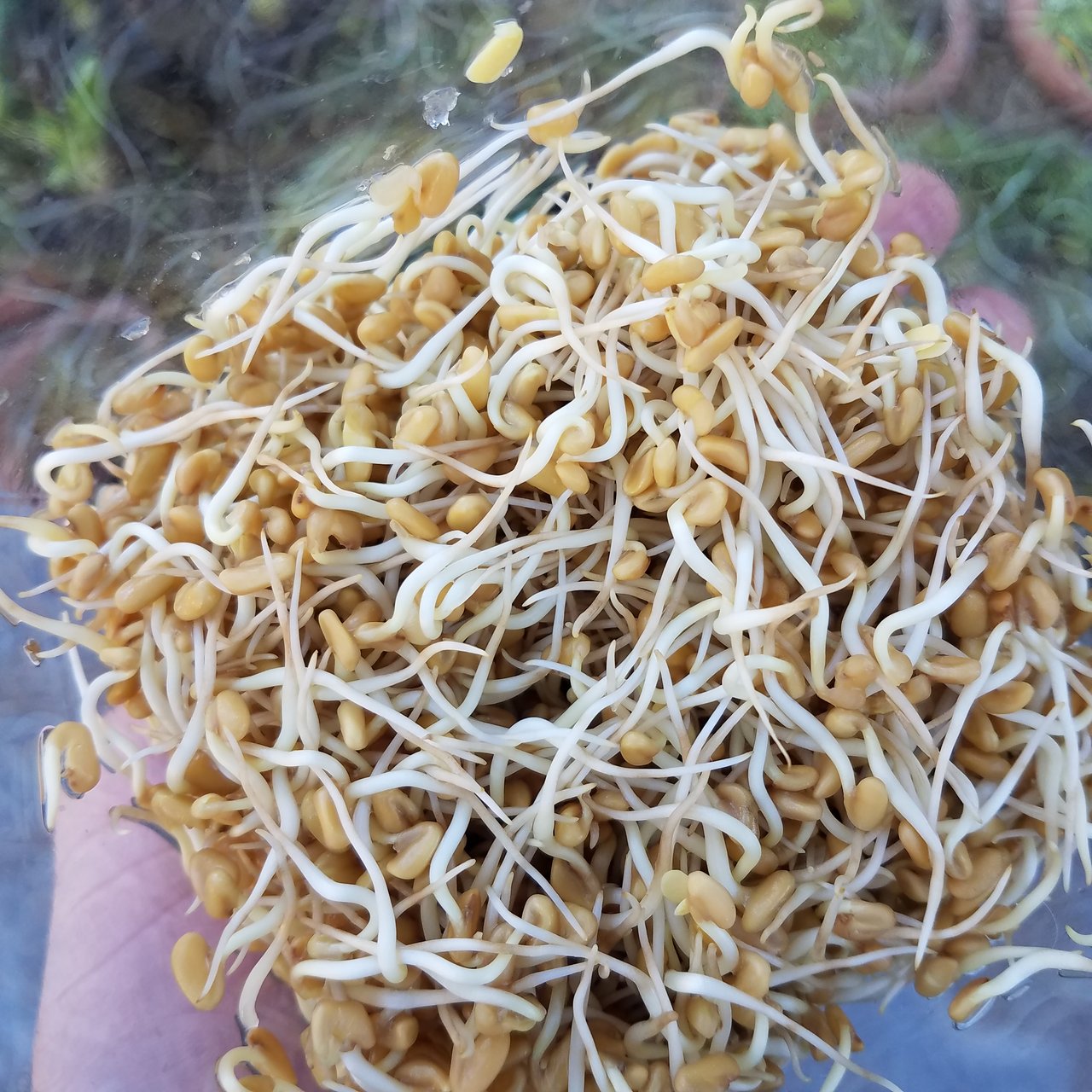
To my great surprise they were extremely easy to sprout and care for. In just about a week they went from hard, bitter seed to a slightly sweet sprout! Sprouting seeds is really quite simple, you don't need sunshine or even artificial lighting. I just grow my sprouts in a clean jar that I set on a shelf in the kitchen and have documented the whole process in this video about sprouting seeds & grains if you would like to learn about HOW to sprout fenugreek and other seeds.
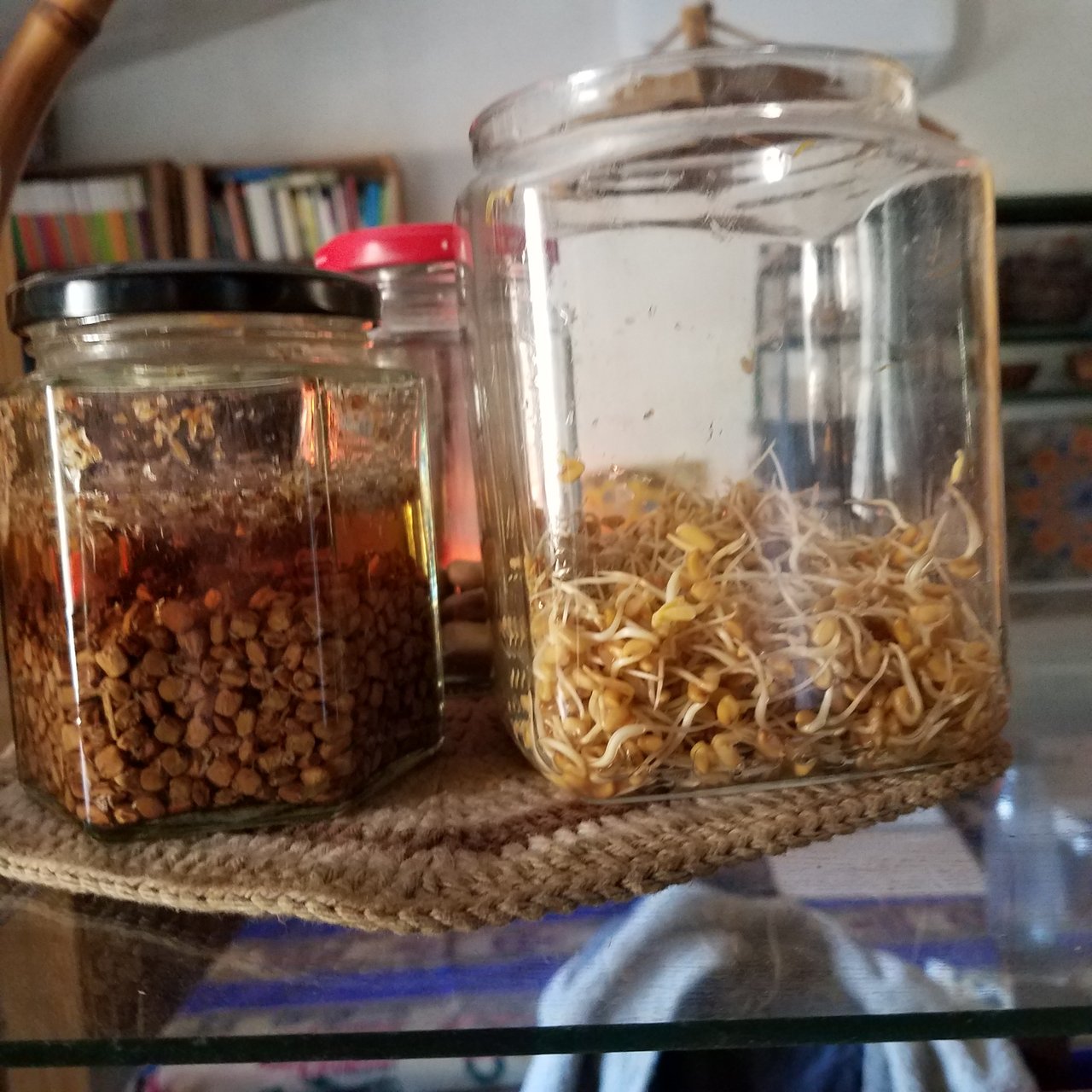
Why would you even WANT to sprout fenugreek seeds?
These tiny sprouts contain a lot of potent medicine. And, as with anything moderation is key.
I first heard of the benefits of fenugreek anecdotally. When I was sick with dengue I read that these sprouts could help in the recovery. And after seeing how easy they were to grow in my sprout garden I decided to do a bit of research as to their overall health benefits. According to whyfarmit.com - a website all about easy to grow foods - these seeds contain fiber, vitamin C, iron, potassium, iron, protein, as well as high concentrations of antioxidants. I have also heard in many different places that fenugreek seeds and sprouts are helpful for improving lactation in new mothers though, as I am not a mother, I cannot attest to that.
But, please keep in mind, that you can eat too much fenugreek. Limiting intake to about a teaspoon per person, per day is ideal. And this isn't a food or supplement to be consumed everyday for the rest of our lives. The benefits of a small dose of fenugreek are numerous but, too much consumption of the seeds can cause digestive distress like gas or diarrhea. Nothing too serious but, I couldn't continue on with this post without stating that.
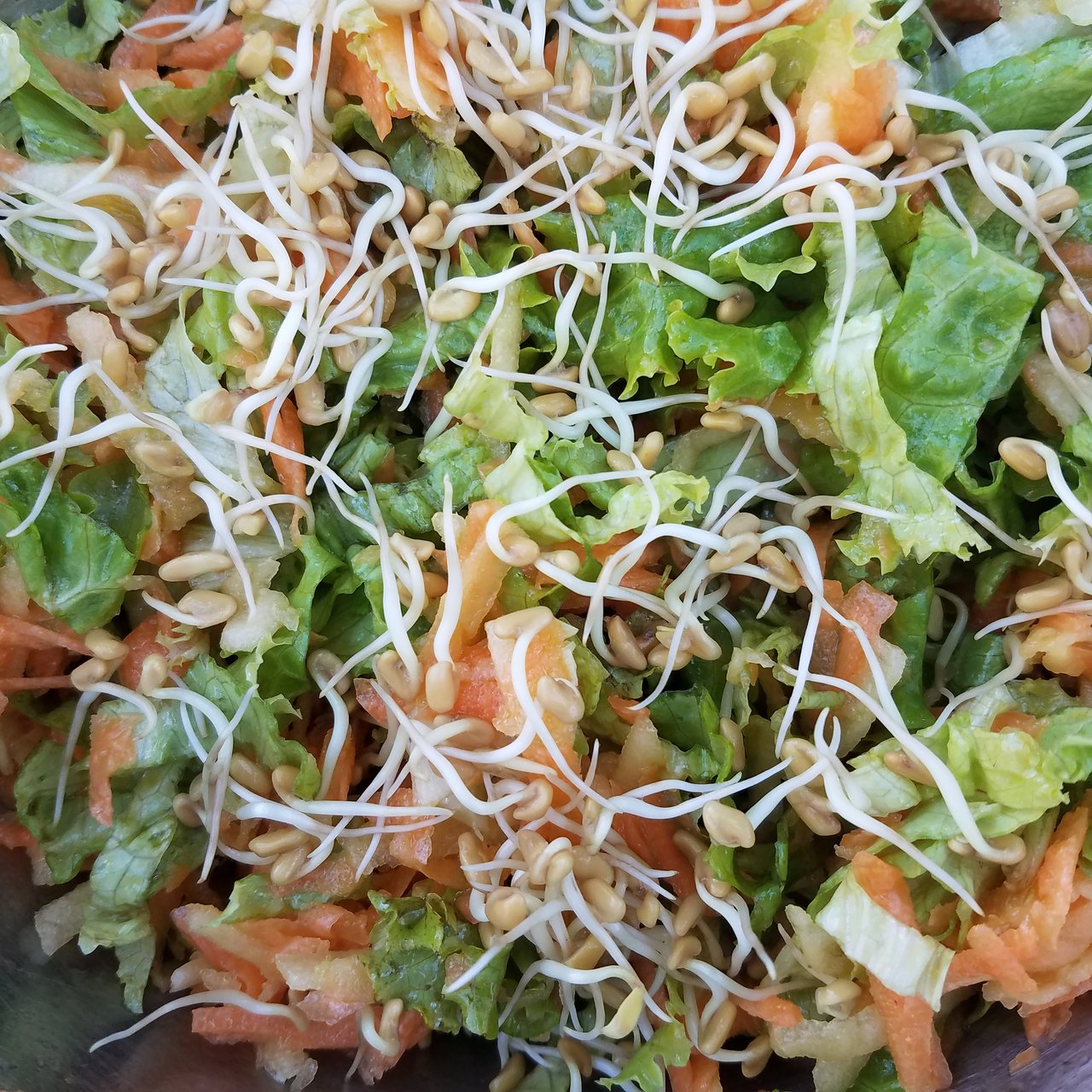
How to include fenugreek sprouts in meals ~
I really like the taste of freshly sprouted fenugreek and appreciate the living ingredients that I can grow in my own kitchen and simply sprinkle over any dish. As a household of two I just add a teaspoon per person to our salad bowl for lunch. The sprouts are bitter/sweet so I also grate a carrot and/or apple into the salad to compensate for the slightly bitter flavor.
My partner loves the crunch that the sprouts bring to the salad and I love that we are getting more fiber, vitamin c and antioxidants in a food that is so cheap and easy to grow.

The entire sprout (seeds, roots, leaves, and seeds) all contain potent medicine so you can go on washing them daily in the jar until the green little leaves have formed or even grow them in microgreen trays.
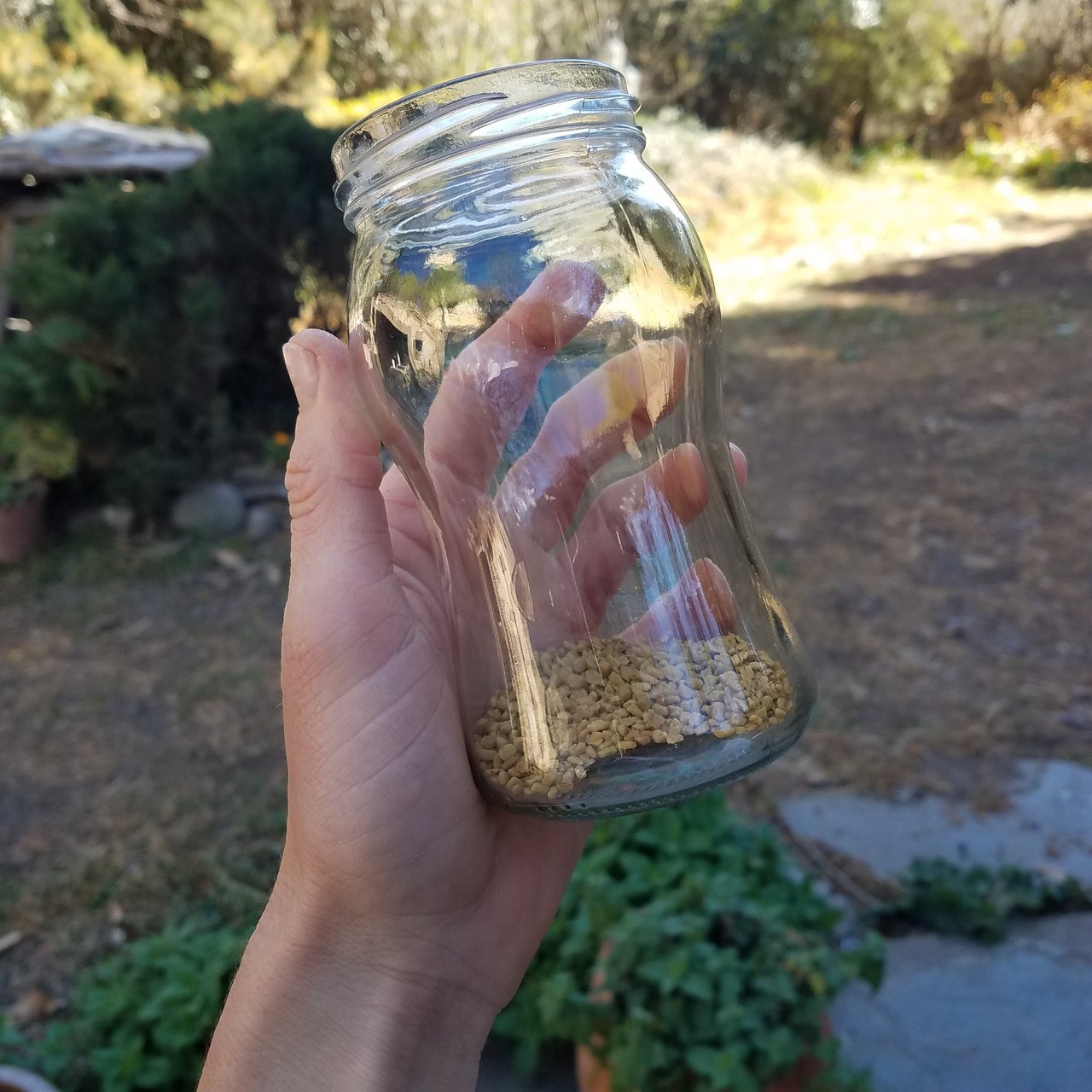
Are you tempted to give fenugreek a try? All you need to do is acquire a couple of teaspoons of the seeds, get yourself a clean jar and soak them overnight then wash them daily. In just a week you will have your own sprouts to sprinkle over meals. Enjoy!

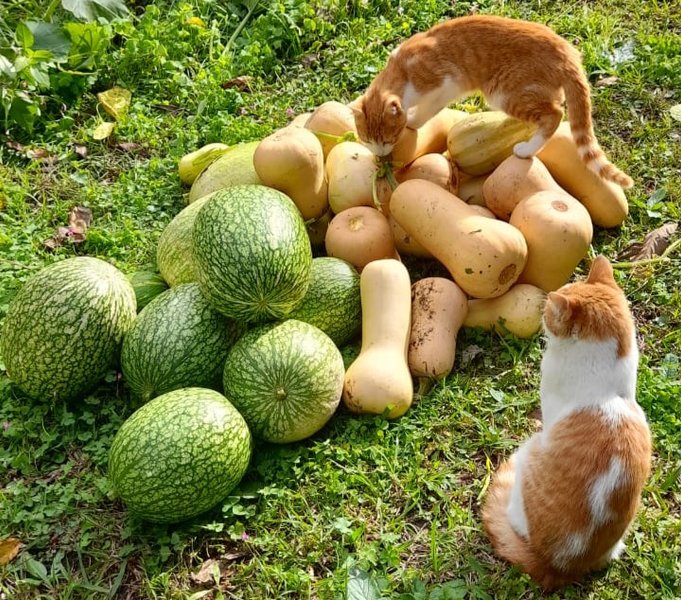

Comments